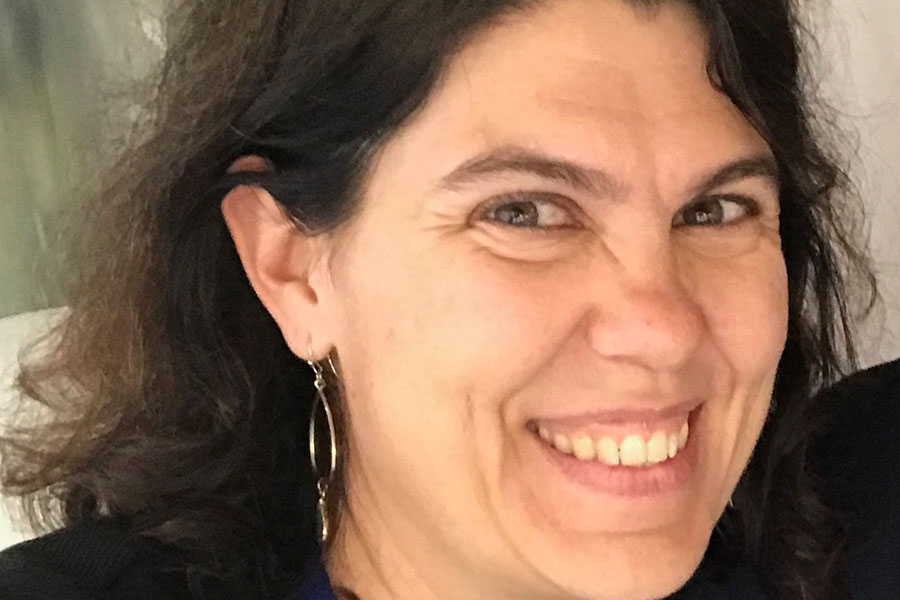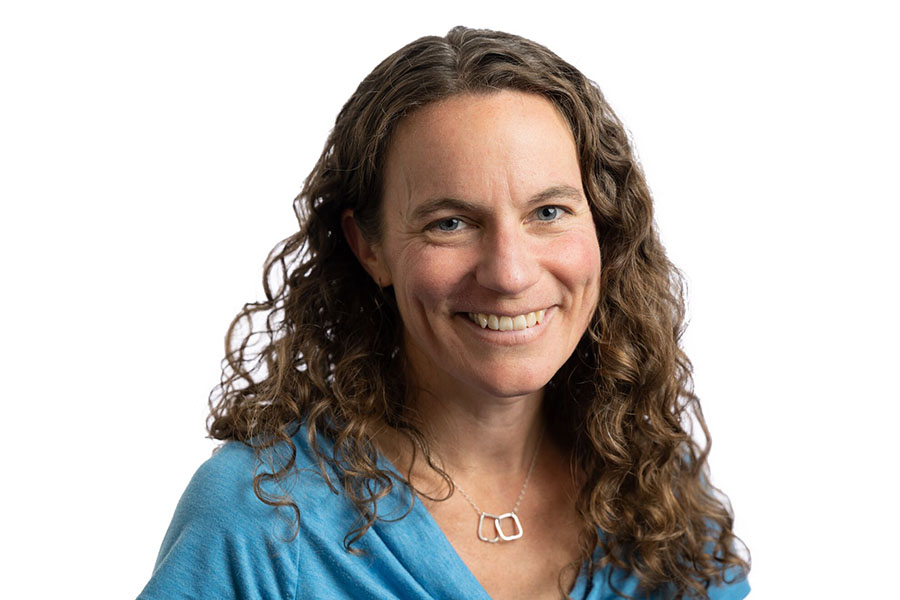ETIPP Annual Report
2023
NREL manages the U.S. Department of Energy's (DOE) Energy Transitions Initiative Partnership Project (ETIPP), which expanded its technical assistance to island and remote communities in Fiscal Year (FY) 2023.
A Message From ETIPP Leadership
ETIPP has provided planning support, system design, energy education, and expertise to remote and island communities seeking resilient solutions in the face of climate threats and extreme circumstances since its inception in FY 2021. With leadership and support from DOE, insight from national laboratory researchers, and relationships fostered by on-the-ground regional partner organizations, ETIPP expanded its footprint and continued to advise community representatives on how to achieve their desired energy resilience goals during FY 2023.
ETIPP welcomed nine communities as part of its third cohort in FY 2023, bringing the ETIPP universe to 32 communities in total. The program selected communities struggling with inflated energy costs, frequent outages, and aging infrastructure, all the while staring down the impacts of climate change, such as rising sea levels and more intense and frequent weather events. Much like their peers in ETIPP's first two cohorts, Cohort 3 communities are focused on hardening energy systems for the long haul to bolster their resilience, energy autonomy, and power reliability—measures that will help to secure their livelihoods and, in some cases, their lives.
During FY 2023, ETIPP's good work extended beyond the scope of direct technical assistance to communities. The program also served as a catalyst for communities seeking to ramp up their demonstration and deployment activities. For example, the Alaska Longline Fishermen's Association was awarded a grant to continue developing a hybrid fishing vessel that began as part of its ETIPP project in Cohort 1. ETIPP also initiated many program improvements in FY 2023 that we hope will bear fruit in FY 2024 and beyond.
NREL, our partnering labs, and regional partners are committed to delivering cutting-edge science and nuanced solutions to support coastal and island communities on the frontline of climate change. ETIPP embodies togetherness, and only through this lens will we be able to achieve the sustainability goals laid out by our administration.

Tessa Greco
ETIPP program manager, NREL

Sean Esterly
ETIPP program manager, NREL
Metrics: ETIPP By the Numbers
1,480
Individuals engaged through all ETIPP activities
68
Capacity-building and knowledge-sharing events
395
Participants in ETIPP events
39
New partnerships formed
122
Communities engaged
21
Technologies supported
15
Jobs created
19
Tools or resources developed
8
Funding opportunities pursued
$1,000,000
Grant, prize, and other funding received by ETIPP communities
Community Spotlights
ETIPP has partnered with 32 communities since its inception. Here's a closer look at four of those communities and the renewable energy goals they are working to achieve through the program.
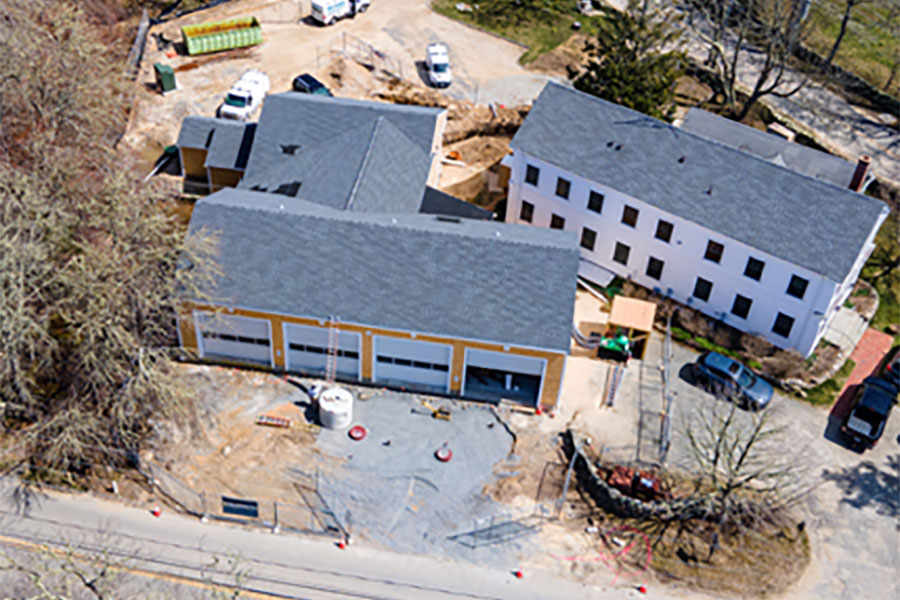
Photo from Rob Hannemann, Chilmark Energy Committee
Aquinnah and Chilmark, Massachusetts
Situated on Martha's Vineyard, Aquinnah and Chilmark experience skyrocketing populations during the summer tourist season. The towns are working with researchers at Lawrence Berkeley National Laboratory to better understand how to improve their resiliency in the face of increasing energy demands and stronger and more frequent storms.

Photo from Brooke Marshall Garcia, Sandia National Laboratories
Guam Power Authority, Guam
Guam Power Authority joined ETIPP as the island is working to produce 50% of its energy from renewable sources by 2030, and 100% by 2040. The utility is working with Sandia National Laboratories to analyze the effects of potential solar and storage configurations on energy distribution.
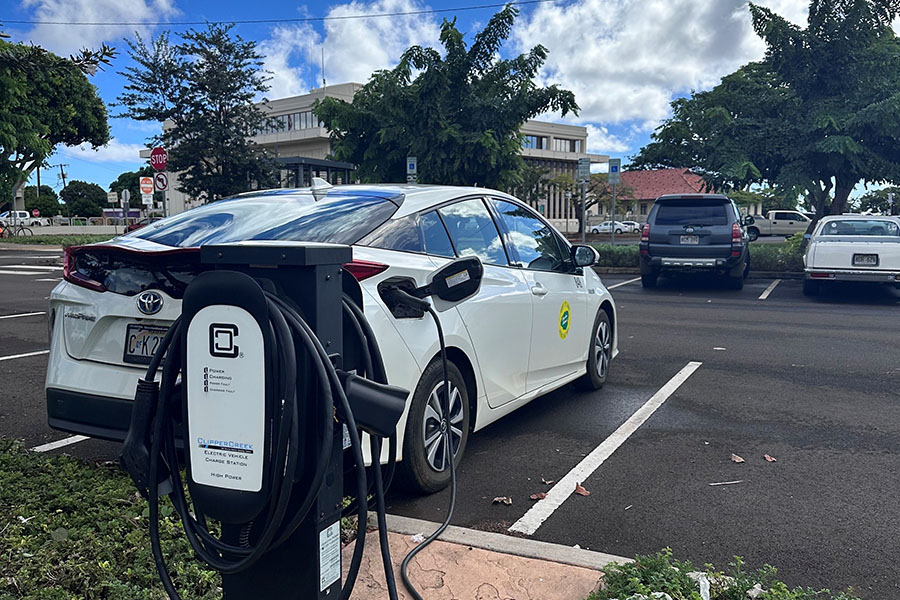
Photo from Christina Kaser, County of Kauai
Kauai, Hawaii
Kauai is working to understand how to integrate electric vehicles in its transportation system, reduce both visitors' and residents' reliance on fossil fuels, and offer alternatives to single-occupancy vehicles. NREL researchers worked with Kauai to understand travel patterns and offer ideas for adding electric vehicle charging stations to its transportation infrastructure.
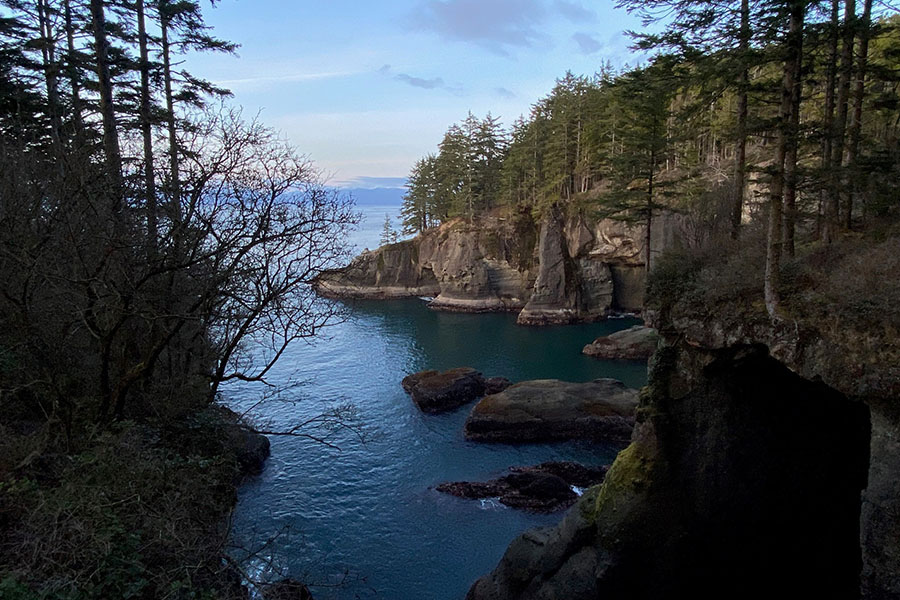
Photo from Laura Nelson, Pacific Northwest National Laboratory
Makah Tribe, Washington
The remoteness of the Makah Tribe in Northwest Washington compounds its energy challenges when the Tribe experiences power outages. Paired with researchers from Pacific Northwest National Laboratory, the Tribe is working to understand how renewable resources fit its energy goals and build a strategic energy plan to support its energy sovereignty and resilience.
ETIPP in Action: Community Engagement in Sitka, Alaska
Sitka, Alaska, is working with ETIPP to get community members interested and involved in energy planning.
Partner Perspectives
Spark Northwest Shares Experience as an ETIPP Regional Partner
In a question-and-answer session about being an ETIPP regional partner, Mia Devine and Eriq Acosta, Spark Northwest project managers who work with ETIPP, explain how the organization helps build connections between communities in the Pacific Northwest and technical assistance providers.
Biggest Impacts
Partners responded to the question: What do you see as ETIPP's biggest impact in FY 2023?
Proudest Achievements
Partners responded to the question: What are you most proud of in ETIPP in FY 2023?
Annual Meeting
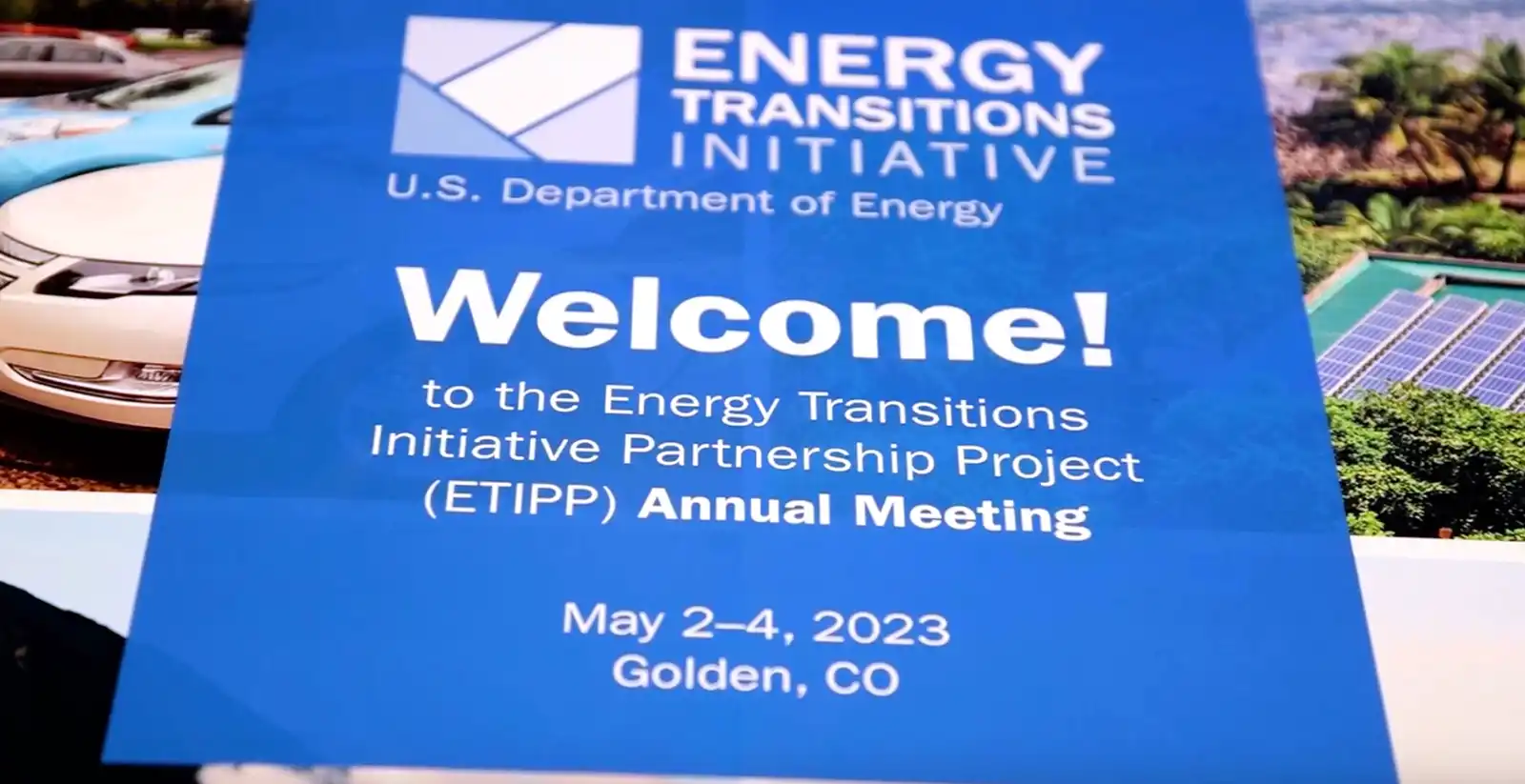
ETIPP brought together about 80 stakeholders in Golden, Colorado, in May 2023 for an inaugural gathering of stakeholders from across the program, including representatives from DOE, national laboratories, regional partner organizations, and ETIPP communities.
Meet the Team
ETIPP combines the support of DOE, the expertise of four national laboratories, and the local knowledge of five regional partner organizations to meet communities where they are in their energy transition. The charts below show which national laboratories and regional partners supported each ETIPP community.
*ACEP was a former Regional Partner for ETIPP.
U.S. Department of Energy
DOE provides funding and support for ETIPP through several of its Office of Energy Efficiency and Renewable Energy (EERE) technology offices and programs. ETIPP is sponsored and led by EERE's Integrated Strategies office's Energy Transitions Initiative and supported by DOE offices, including:
- Building Technologies Office
- Geothermal Technologies Office
- Solar Energy Technologies Office
- Vehicle Technologies Office
- Water Power Technologies Office
- Wind Energy Technologies Office.
National Laboratories
Four national laboratories provide the technical expertise tailored to each community's energy goals through ETIPP.
Location: Berkeley, California
ETIPP technology focuses: Building technologies, distributed energy resources, electricity policy, geothermal technologies, microgrids, transportation electrification, strategic energy planning, utility ratemaking and programs, and utility regulation
Location: Golden, Colorado
ETIPP technology focuses: Community and energy resilience, energy efficiency, energy storage, geothermal, hydropower, maritime electrification, microgrids analysis, port electrification, power system modeling, solar, sustainable mobility, strategic energy planning, techno-economic modeling, transportation electrification, and wave and tidal energy
Location: Richland, Washington
ETIPP technology focuses: Building efficiency, energy storage, geothermal, marine, microgrid analysis, port electrification, resilience, solar, techno-economic modeling, vessel electrification, waste to energy, and wind
Location: Albuquerque, New Mexico
ETIPP technology focuses: Buildings, community and energy resilience, disaster preparedness, distributed energy resources, microgrids, resilience hubs, and transportation electrification
Regional Partners
ETIPP's regional partner organizations understand the nuances of energy challenges faced by communities in their areas, and they serve as connectors that help engage local residents and build capacity for energy transitions within communities. In FY 2023, five regional partners supported ETIPP communities from application to project completion, and served as liaisons between communities, national laboratories, and DOE. In addition to supporting communities selected for ETIPP, regional partner organizations also conduct outreach and engage with other communities in their areas to amplify the program and support prospective ETIPP projects.
Location: Wanchese, North Carolina
Mission: To undertake research, offer educational opportunities, and provide community outreach that embraces the unique history, culture, and environment of the maritime counties of North Carolina
730 Individuals engaged
32 Capacity-building and knowledge-sharing events
12 Participants in ETIPP events
19 New partnerships formed
31 Communities engaged
7 Technologies supported
Location: Honolulu, Hawaii
Mission: To research, develop, test, demonstrate, and validate cost effective and practical solutions to deliver commercially viable renewable energy and energy efficiency to Hawaii and the world
150 Individuals engaged
4 Capacity-building and knowledge-sharing events
1 Participant in ETIPP events
7 Communities engaged
10 Technologies supported
Location: Rockland, Maine
Mission: Island Institute works to sustain Maine’s island and coastal communities and exchanges ideas and experiences to further the sustainability of communities here and elsewhere
223 Individuals engaged
12 Capacity-building and knowledge-sharing events
72 Participants in ETIPP events
7 New partnerships formed
11 Communities engaged
10 Technologies supported
Location: Anchorage, Alaska
Mission: To facilitate the increased development of renewable energy and energy efficiency in Alaska through collaboration, education, training, and advocacy
192 Individuals engaged
15 Capacity-building and knowledge-sharing events
185 Participants in ETIPP events
11 New partnerships formed
61 Communities engaged
5 Technologies supported
Location: Seattle, Washington
Mission: We partner with communities to build an equitable clean energy future
185 Individuals engaged
5 Capacity-building and knowledge-sharing events
125 Participants in ETIPP events
2 New partnerships formed
12 Communities engaged
7 Technologies supported
Share
Last Updated March 27, 2025


